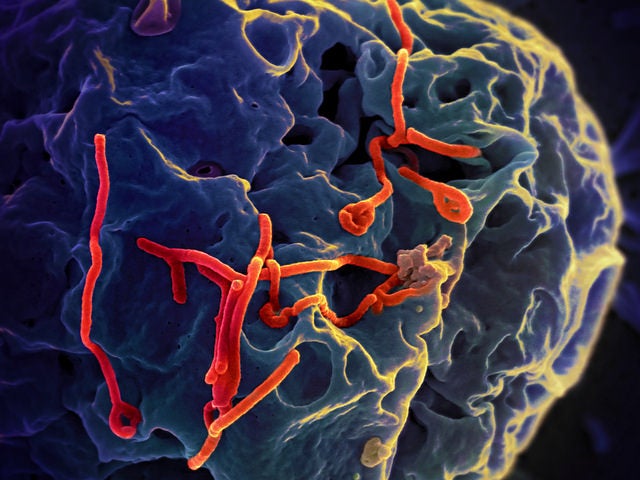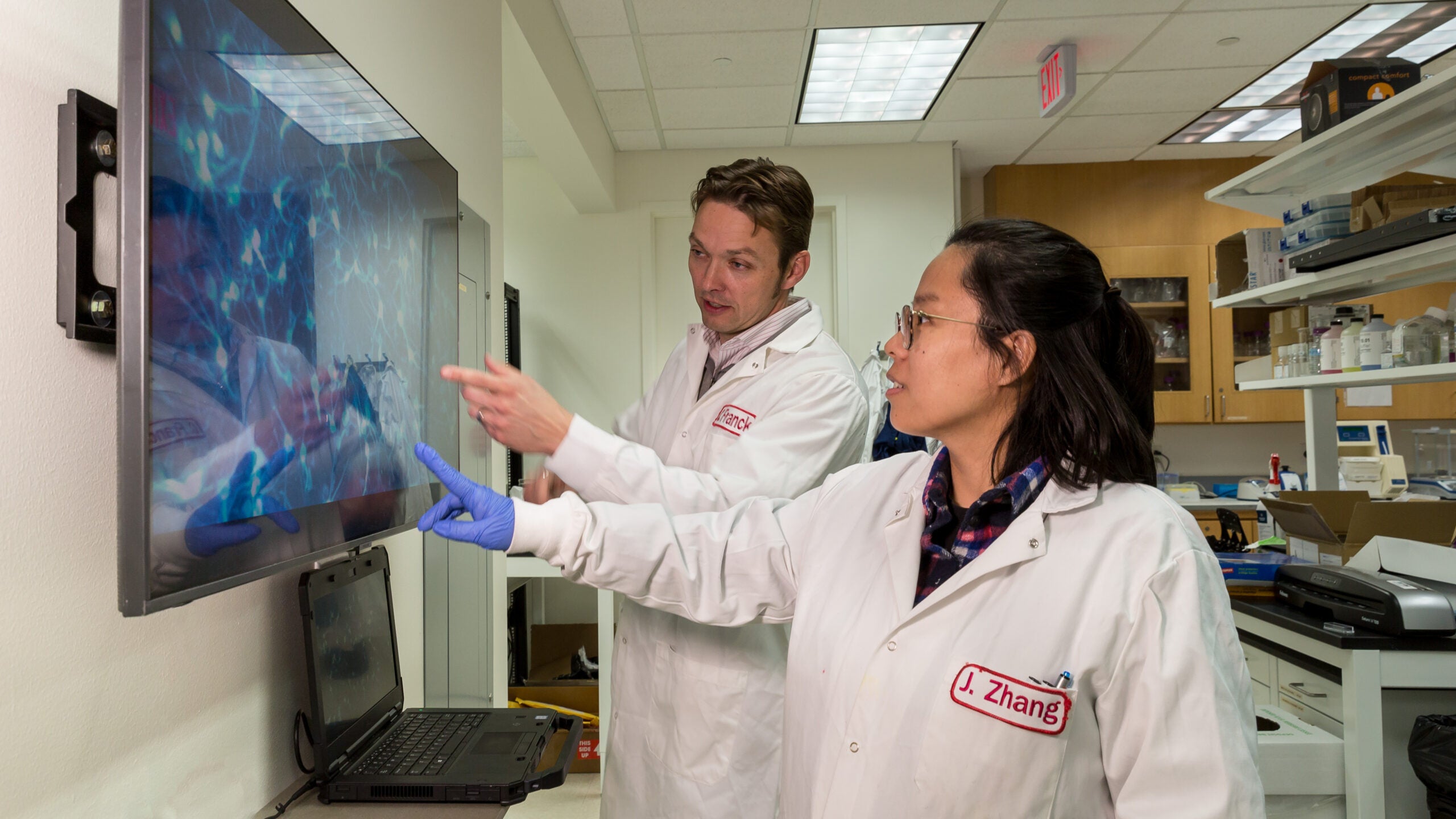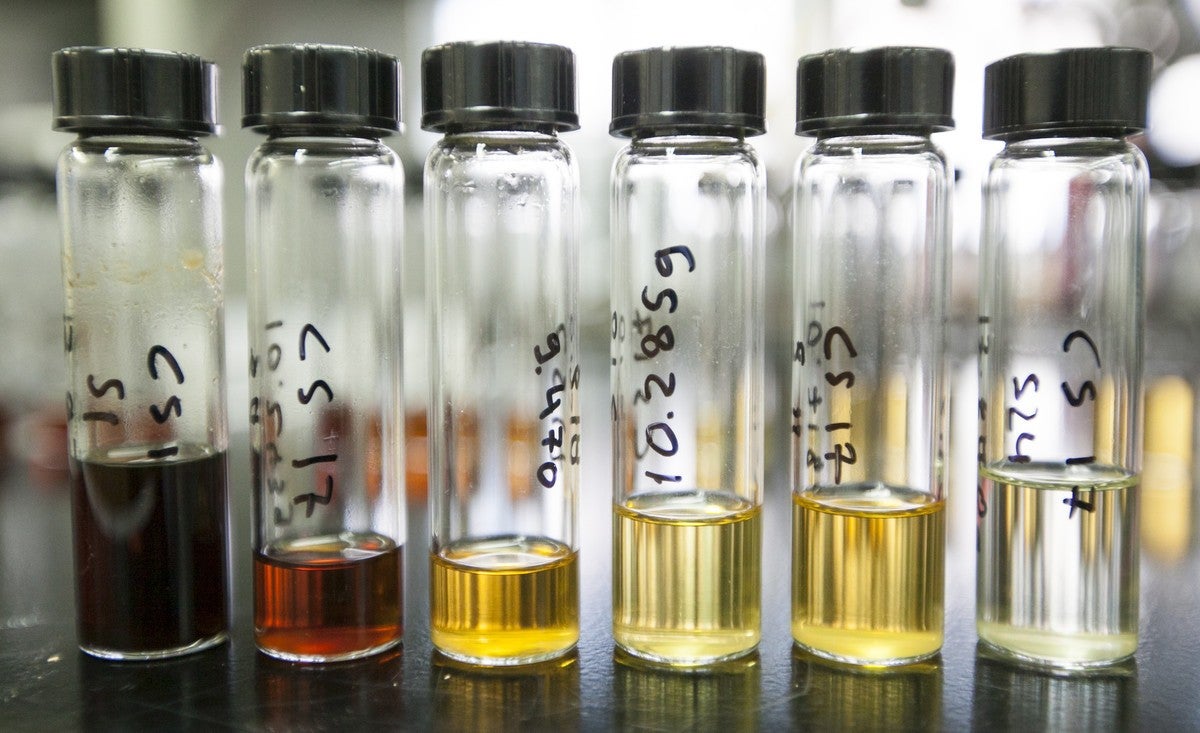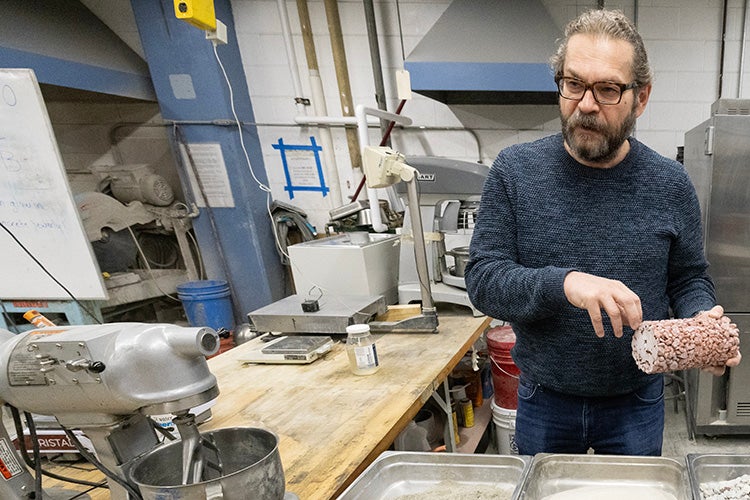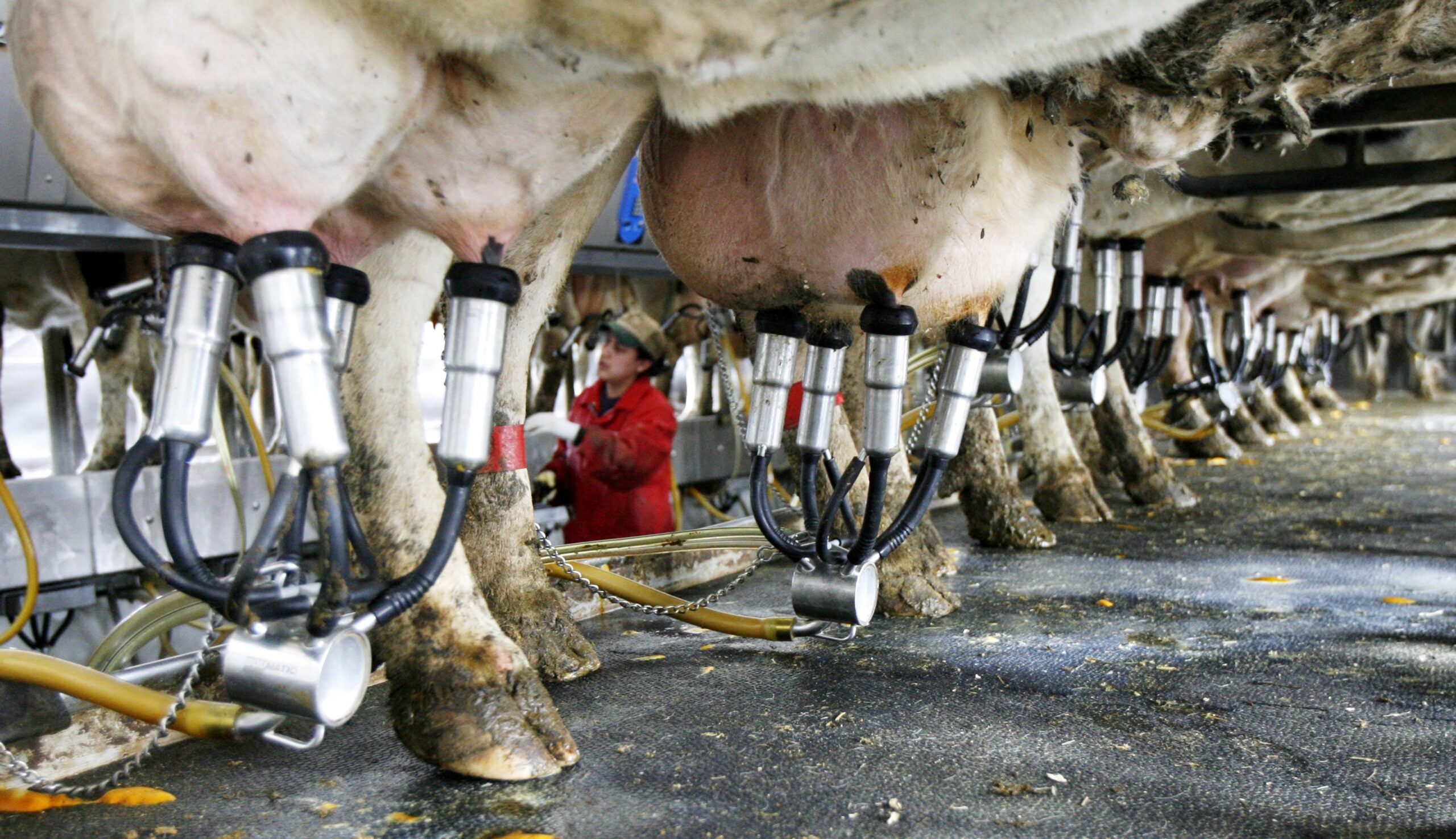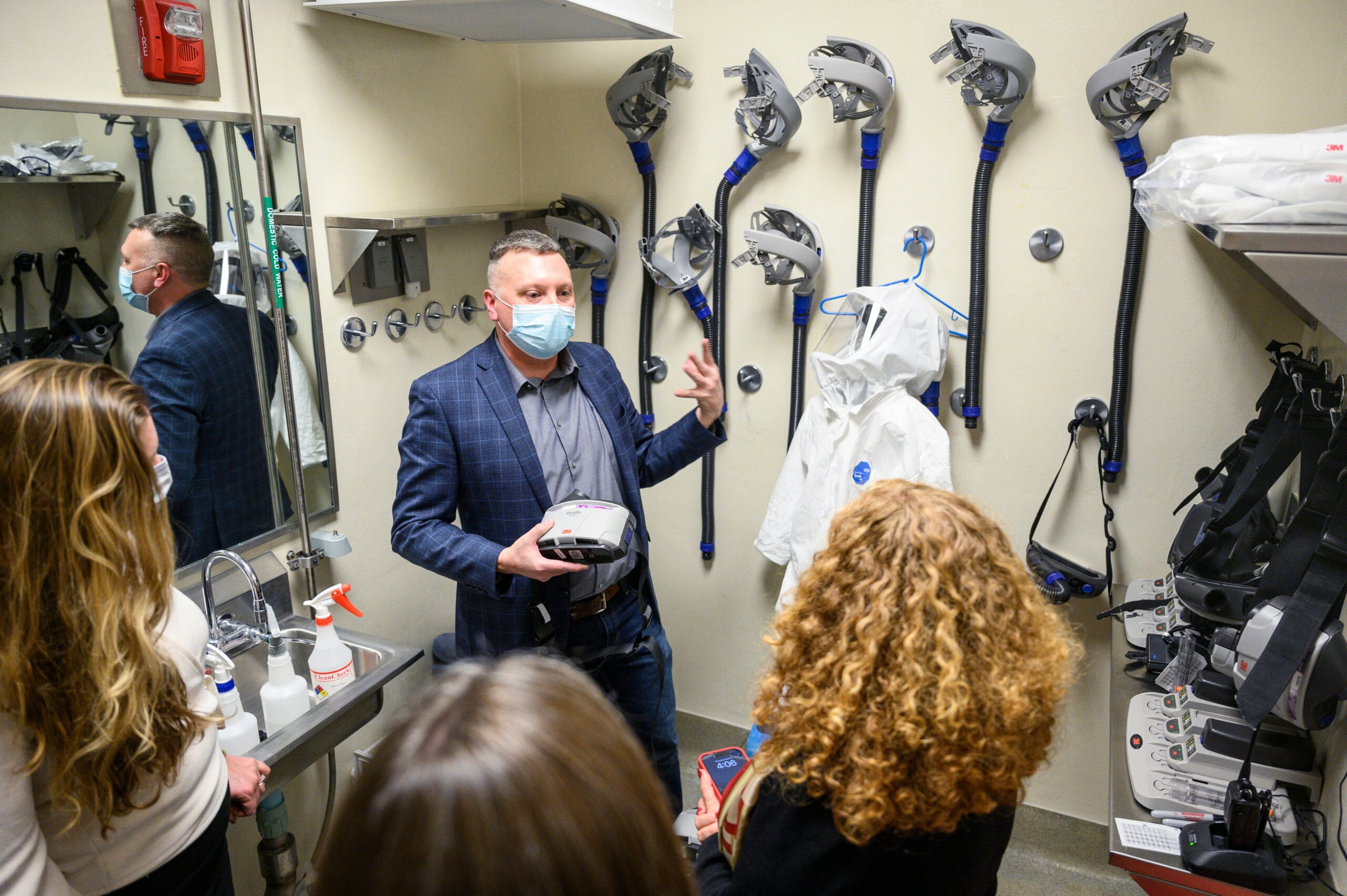A University of Wisconsin-Madison researcher is working on a cure to the Ebola virus, which has killed hundreds of people across the globe in recent weeks, including more than 1,200 in Africa.
Dr. Yoshihiro Kawaoka has been studying the Ebola virus for years. In 2008, he and a team of researchers published a paper on how to “disarm” the virus by removing a protein that allows it to grow, making it a lot easier for researchers to safely study Ebola.
Today, Kawaoka is working on two studies about the disease.
Stay informed on the latest news
Sign up for WPR’s email newsletter.
“The goal of both studies is to understand how Ebola virus does what it does. How does it evade the immune system? How does it cause the disease it causes in humans?” said Rebecca Moritz, who has worked with Kawaoka and manages a UW-Madison campus biosafety program.
One of the studies uses a version of the virus that has been manipulated so it can be studied in a lab with lower security.
“It’s like a virus, but it’s contained to a cell line, so it’s not infectious to humans or animals,” said Moritz.
Because of that, UW researchers are able to work with the virus in biosafety level 3 labs, instead of level 4 — in other words, environments with fewer containment precautions.
“Working inside of a BSL4 lab is incredibly expensive, and it’s very time-consuming and taxing on personnel,” said Moritz.
Kawaoka has also made headlines recently for producing a mutated form of the H1N1 virus that the human immune system can’t respond to.
Some scientists have been critical of him for doing such work at a lower-security lab. The researcher has defended his work, saying he’s only trying to identify viruses and develop treatments for them.
As for the effect of the recent Ebola outbreak on the pace of his research, Moritz said: “You can’t rush science.”
Wisconsin Public Radio, © Copyright 2024, Board of Regents of the University of Wisconsin System and Wisconsin Educational Communications Board.

